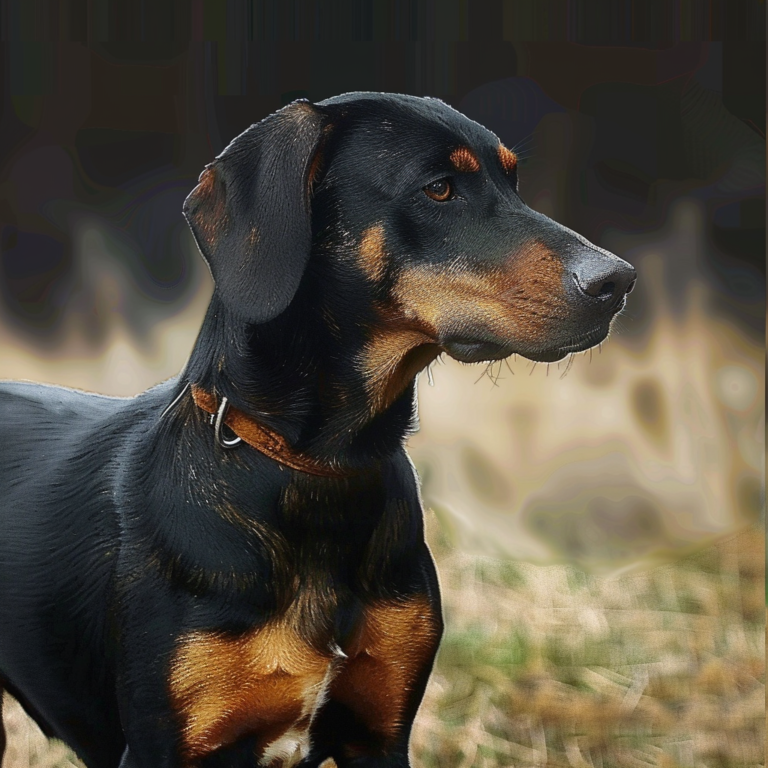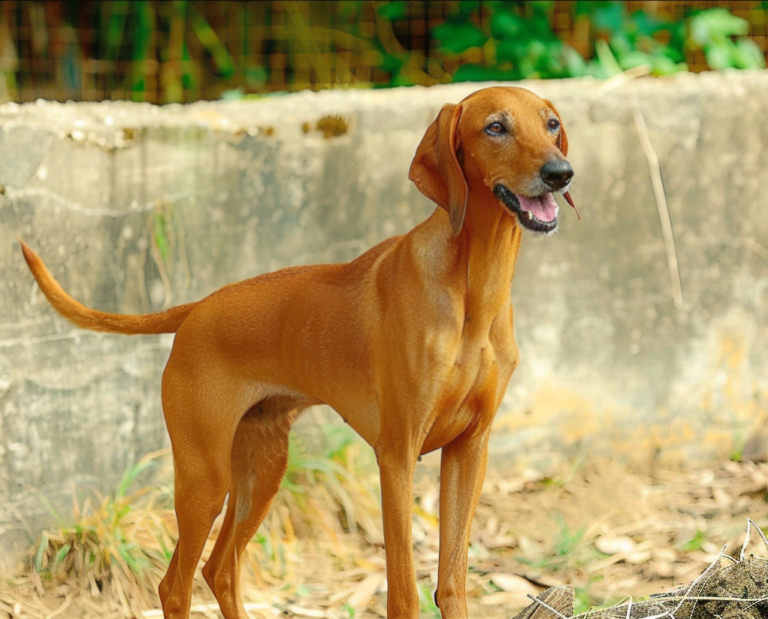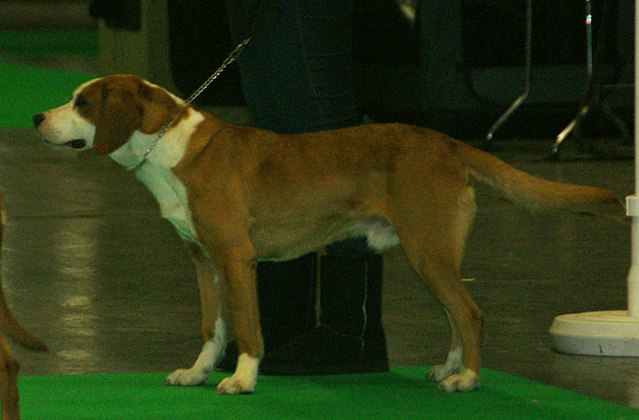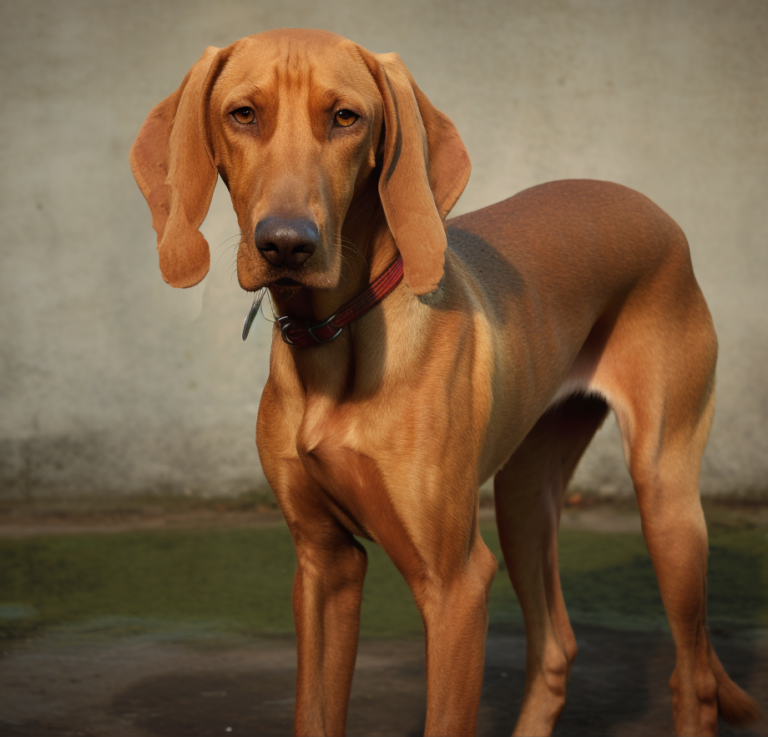The Welsh Hound, also known as the Welsh Foxhound, is a pack hunting dog that has been around for at least 200 years. Known for hunting hare in mountainous terrain, the breed has rarely been kept as a pet and instead has functioned mostly as a working animal. This said, in the right household they can function nicely as companions, assuming that the owner is prepared to handle their needs. As one might assume from this working hound breed, they are very active and without plenty of exercise (both physical and mental) they can quickly become bored and destructive! They also must be raised with other dogs, or at least socialize with other dogs regularly as they are somewhat hardwired to be in a pack. These are features that a prospective owner must be able to provide.
Welsh Hounds are smart and can be playfully devious. They require an owner who knows how to be firm and maintain house rules, as without this structure they are prone to taking over! Like many scenthounds they also possess a stubborn streak which means training may be more difficult, although they are capable of learning quickly when the trainer is skilled. It is recommended that all training be consistent yet interesting enough to hold their attention spans. Specifically, make sure to work on the recall from the time the dog is a puppy, as this is a skill which is harder for them to master when distractions are present. Aside from basic training, the breed also benefits from active mental games. Dog sports which would be a good match for this hound include canicross and agility.
The Welsh Hound is a rare breed although is slowly becoming more popular around the world due to their gentle natures and ability to coexist peacefully with children. They are loving and devoted to their owners while also being friendly with strangers. Furthermore, most have exceptional natural skills with other dogs. In the hunt, it was expected that these hounds would respond not only to the hunter, but would learn from and work with the other hounds in the pack as a single unit. Because of this they are very adept at reading the body language of other dogs and responding appropriately. Despite all their good features it must be emphasized again that this breed would not thrive in most pet homes! The Welsh Hound Association even mentions that “its irrepressible hunting instincts make the Welsh Hound totally unsuitable as a pet”. The truth lies somewhere in the middle – for the average pet home, they would be a horrible choice. For a hunter or very active and knowledgeable dog owner, they could function just fine. 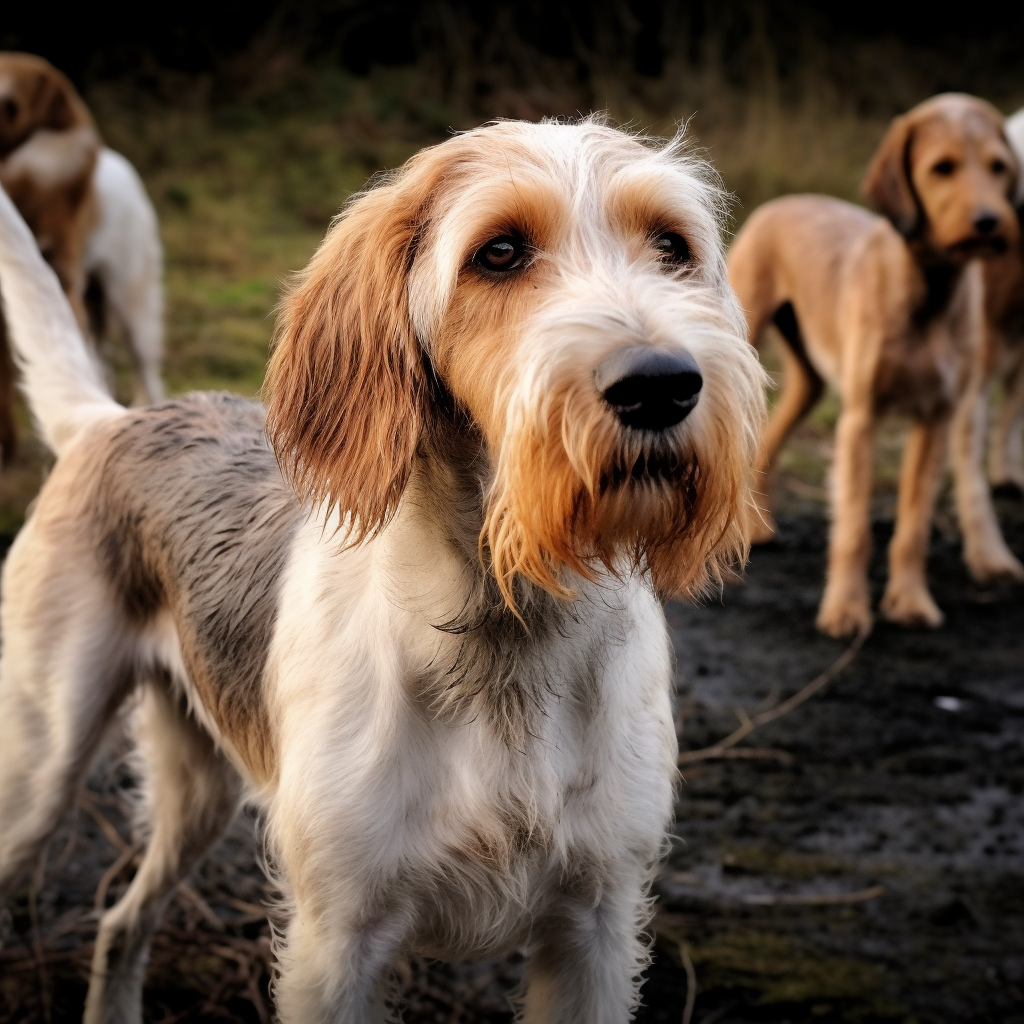
Welsh Hounds are likely to exhibit boundless energy in the home and aren’t known for being lazy loungers. They need extensive daily exercise (in the form of jogging or similar intensity) in order to be happy and would be a horrible choice for an apartment! Not only are they too active for apartments, but they also would likely be too disruptive to close neighbors. The bark/bay of the Welsh Hound is a characteristic of the breed. It was important for it to be loud enough to carry long distances and alert the hunter of the pack’s position and status. However, what was beneficial for the hunt is not as easily appreciated when living in close proximity to other people! In addition to being loud in volume, they are known for using their voices excessively, particularly when bored or lonely. Along with needing to live with other dogs, they also don’t do well when left home alone for long periods of time.
The protective harsh coat of the Welsh Hound sets him apart from other foxhound breeds. It is medium in length and very rough and oily in texture. Occasionally a hound with a smoother coat can be seen but this isn’t nearly as common. The color can be fawn, tan, black, red, white and/or “mixed”. Aside from the coat, this dog is very foxhound-like in appearance and is medium to large in size with a straight, square muzzle. The hanging ears are long and low set. The tail is long, set on high and carried gaily. Although rare, they are recognized by the UKC in the United States and by other organizations overseas.
